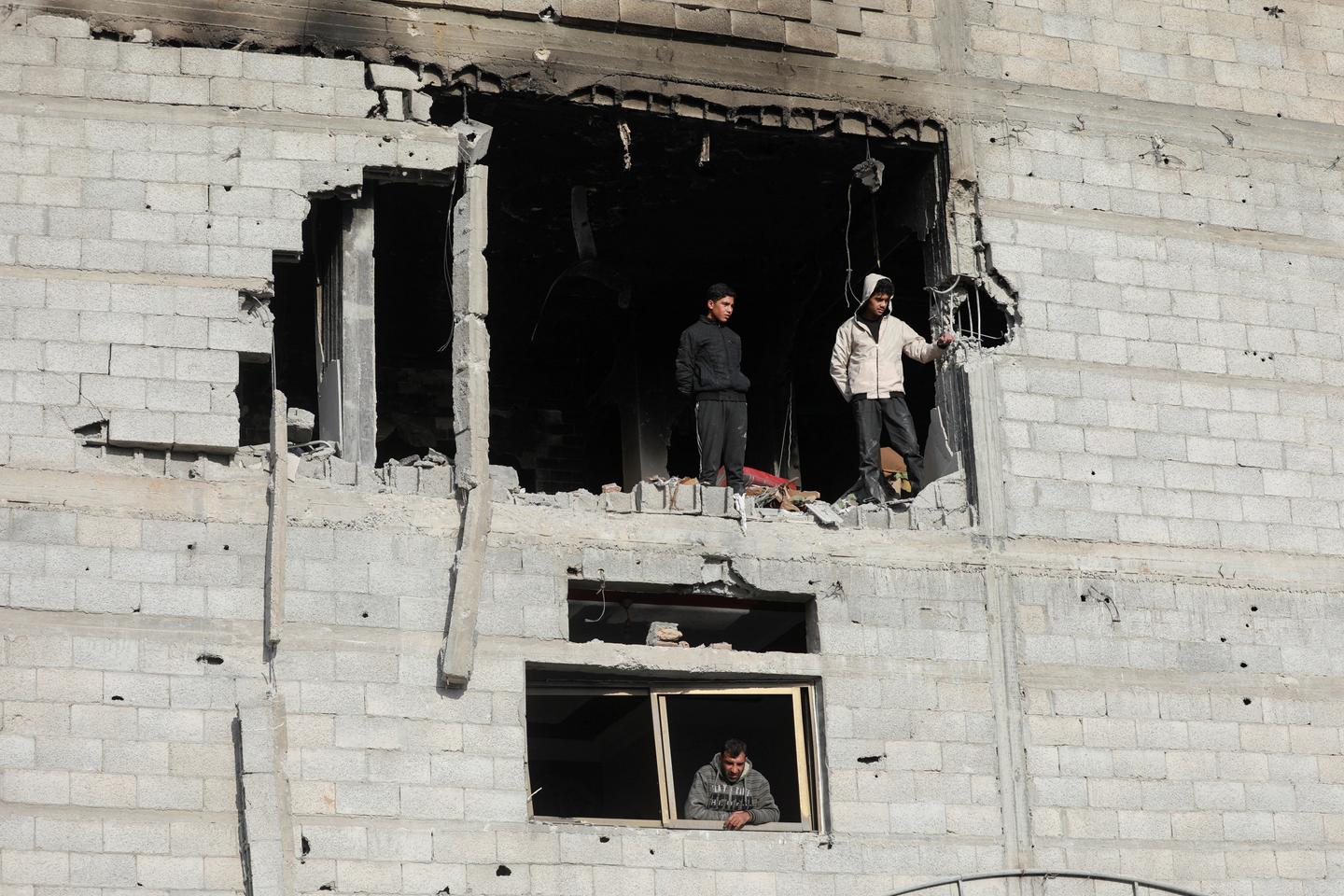


Is international law a diplomatic variable? It is necessary to ask France this question after the Ministry of Foreign Affairs announced that Israeli Prime Minister Benjamin Netanyahu, the target of an arrest warrant issued by the International Criminal Court (ICC), would be granted immunity if he set foot on French territory, in accordance with an article of the Rome Statute, as the head of a country that is not a party to it.
This provision, which could be applied de facto to Vladimir Putin, who is the target of similar proceedings, was not mentioned by French diplomats when the ICC indicted the master of the Kremlin in connection with his war of aggression against Ukraine. It's hard not to link this announcement, which considerably weakens the scope of an arrest warrant for war crimes and crimes against humanity, with France's desire to play a role in keeping with its history in Lebanon, following the ceasefire laboriously concluded under the aegis of the US between Israel and the Lebanese Shiite Hezbollah militia.
While relations between the Israeli prime minister and the French president can be described as frosty at best, France is now giving the impression of caving in under pressure and on principle. No doubt the Lebanese were keen for Paris to take a seat on the ceasefire supervisory committee, to avoid being too marginalized in the face of the axis that closely links Israel and the US. France can also argue that this immunity would not apply to the arrest warrant targeting former Israeli Defense Minister Yoav Gallant. And that this immunity will disappear once Netanyahu leaves office.
Violations of humanitarian law
Yet these calculations must be set against their harmful effect on international law, whose original ambition was to hold all leaders to account. The arrest warrant for the Israeli prime minister relates to Israel's war in the Gaza Strip following the unprecedented massacre of Israeli civilians during the Hamas terrorist operation on October 7, 2023. Despite the closed-door regime imposed by the Israelis on the narrow strip of land, there is no shortage of evidence to support accusations of systematic violations of humanitarian law by the Israeli army.
This pre-emptive disarmament of the arrest warrant procedure may be interpreted by Israel as a kind of carte blanche for the continuation of the war in Gaza, once again rendering illusory the prospect of a ceasefire, which is more urgent than ever. Such a ceasefire would put an end to the suffering of Palestinian civilians, while allowing the release of the last remaining Israeli hostages. There is unfortunately no longer any doubt that, under pressure from the messianic, supremacist far right represented in Israel's ruling coalition, these two objectives are not considered priorities.
By participating in this shameful trade-off, which puts into perspective the sincerity of its past declarations in favor of international justice, France is paying a high price in terms of its international image and all for an uncertain outcome.
